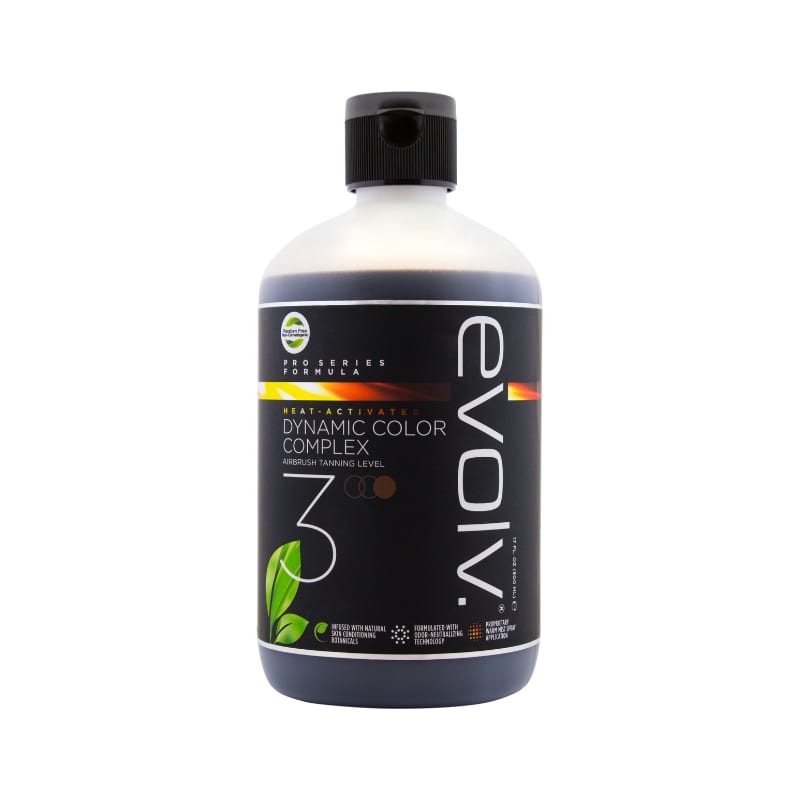

#ACTIVATE HEAT UP 3 SKIN#
Weals typically appear within 10 minutes of contact with the hot stimulus on the skin or a mucosal surface.Immediate localised heat urticaria is the most common type and presents as large, well- circumscribed, itchy weals. There are three clinical subtypes of heat urticaria. The clinical features of heat urticaria are usually confined to the area affected by the heat stimulus. What are the clinical features of heat urticaria? Unlike cholinergic urticaria (a heat-related urticaria caused by sweating), heat urticaria does not involve the activation of cholinergic (sweat) glands and it is independent of the whole core body temperature. This causes small vessels in the skin to dilate, leading to a localised area of swelling, erythema, and wealing. Heat on the skin activates mast cells to release proinflammatory mediators, mainly histamine. The exact development process of heat urticaria is unknown.

Close contact with a heater or hot water bottle.Hot air (eg, from a hairdryer) or sun exposure.What causes heat urticaria?Įxamples of stimuli that may cause heat urticaria may include: People with heat urticaria may develop another type of inducible urticaria such as cold urticaria or dermographism. Ĭhronic inducible urticaria, in general, has an estimated prevalence of 0.5% and predominantly occurs in women, at a rate of 74% of those afflicted. Most reported patients have been women aged 20–45 years, with familial cases having onset during childhood. In one family, delayed heat urticaria was inherited in an autosomal dominant pattern (one parent had the condition and passed on the condition). Heat urticaria is very rare, with few reported cases, so the exact prevalence is unknown.


 0 kommentar(er)
0 kommentar(er)
